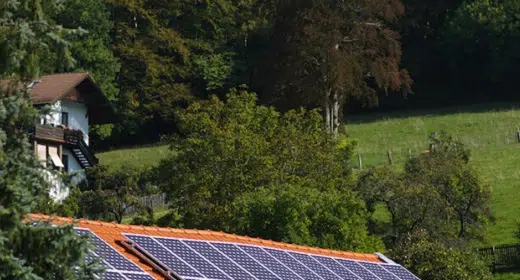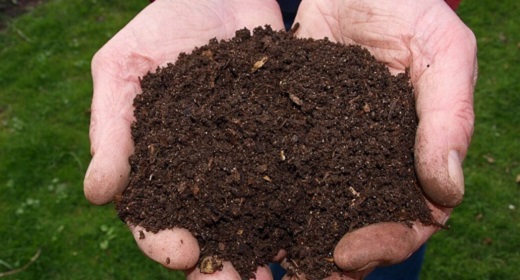by Wren Everett: In our modern day, with cable TV shows banking off of the “weirdness” of living off the grid, the very phrase “Off-Grid” images of end-of-the-world preppers stocking up MREs and ammo…
wild-haired hermits digging in the dirt for acorns and mushrooms, or maybe criminals attempting to elude capture.
But if you visited our off-grid homestead, you’ll see that we are not hiding in a bunker, nor do we have sordid criminal pasts. Though I have a rather normal, suburban background, I am now doing everything I can to live independent of the conveniences of the grid. Stick around for a minute, have a cup of tea, and let me tell you what it’s like and why I’m doing it.
What Is Off-Grid Living?
As we open the refrigerator, turn on the lights, flush the toilet, or turn up the thermostat, we hardly ever think about how that electricity or water moves in and out of our homes. But this modern life, as we now know it, is actually a relatively new concept.
Think about it: At one point in our recent past, no matter what country or lifestyle you lived, 100% of the people around the world were living off-grid, as everyone had lived for centuries before them. Even kings and emperors lived in a world where light and heat came from fires, and water came directly from rivers and wells.
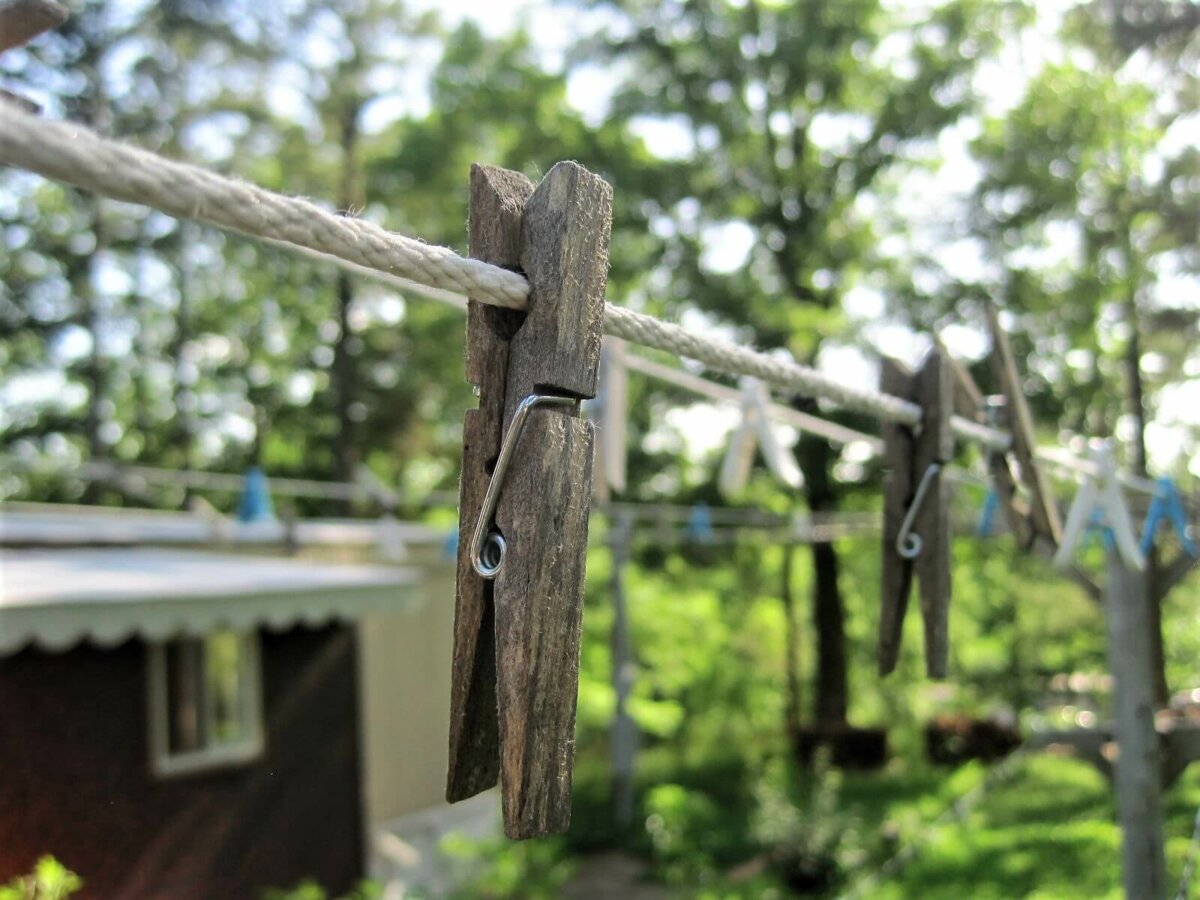
As technological advances made life easier, offering us the public utilities that are the familiar scaffolding of modern life, “the grid” fell into place. It swiftly transitioned from a convenience of the rich to a way of life for the general public.
But there are some who choose to shirk the comfort of the grid entirely. Imagine how an island is separated from the continent. Likewise, an off-grid life is fueled by a desire to live autonomously from the life-support of electricity, water, and natural gas that typically keep modern houses running. Whatever they look like—and their forms are as diverse as they come—off-grid homes are equipped to generate their own power, supply their own water, and handle their own sewage.
That’s just the tip of the iceberg. Off-grid living is intensely personal. Both dependent on the seasons and the characteristics of the region and spiced by the individual’s personal philosophies and convictions, the off-grid life is not a singular entity. Under the umbrella of Off-Grid, you can find homesteaders and preppers, hippies and hermits, peasants and farmers, homeschoolers and environmentalists.
Some desire to reduce their energy use for nature’s sake, outfitting their homes with solar panels and wind turbines and harvesting rainwater for their daily use.
Others long for self-sufficiency, growing their own food, caring for livestock, and composting their own waste. Some document their lives online so that others can learn likewise, others just want to be left alone and are so off the grid, neither you nor I will ever know who or where they are.
Challenges and Rewards of Off-Grid Living
I’m not going to lie to you—living off-grid does not make you normal by any stretch of the imagination. Instead of posting photos to Instagram, catching up on our Netflix queue to wind down for the evening, or grabbing a latte before driving to work, we spend our days chopping firewood, growing and foraging food, chasing our crazy chickens, and working on building our home.
There are as many challenges as there are rewards, but rather than listing them separately, I prefer to see them as two sides of the same coin. Here are some examples:
1. Your Food Is A Huge Responsibility
For many off-grid people, food security is priority number one. Establishing reliable sources of safe, pesticide-free produce and antibiotic-free, humanely raised meat requires a huge amount of work to set up, maintain, harvest, and butcher. And once the raw materials have been picked and plucked, there is the monumental task of putting it all up so that nothing goes to waste. Not a job for the faint of heart!
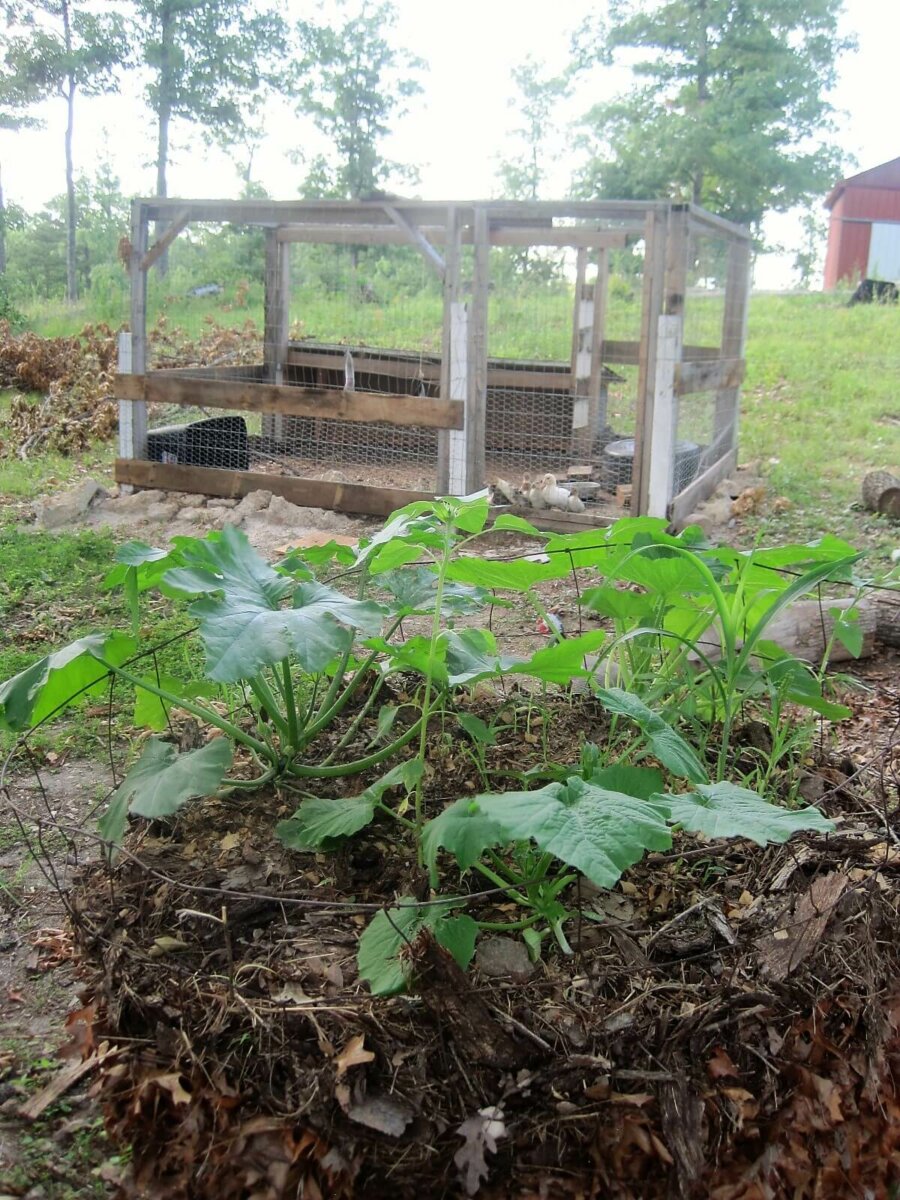
All that hard work does pay off, though. You may find that your dinner menus unintentionally start reading like a foodie’s wildest fever dream. Locally-foraged grape leaves (they grow in the ravine!), stuffed with organic rice and grass-finished beef (bought from your friends at the farmers market), mixed with organic, free-range, pasture-fed eggs (laid by that bossy Sussex hen), seasoned with homegrown mint and wood sorrel (growing alongside the path!), cooked without electricity in a solar oven. Delicious.
2. You Might Need To Build Your Own House
Modern houses are not designed with off-grid in mind. Leave them without power for even a week, and the basement is moldy and damp, the refrigerator is a hazmat zone, and the attic could probably roast a turkey.
Many people who move off-grid construct their own home—often with their own hands. This is one of the many reasons why off-grid homes are often found in rural areas—city building codes are far too restrictive.
This ultimate DIY project is a huge, intimidating endeavor, but one that is simultaneously exhilirating as it gives you the freedom to finally do what you want to do. If you so desire, you get to choose to make your home out of non-toxic materials, renewable resources, and don’t have to retrofit anything to suit your needs. Build it the way you want it in the first place! The Earthship design is a fascinating place to start thinking about self-sufficient buildings, but the design possibilities are endless to the creative.
3. If You Don’t Do It, It Doesn’t Get Done
Procrastination and passivity are not an option in the off-grid life. Heating with wood means that much of the spring and summer is spent splitting and stacking firewood. Growing your own food means lugging mulch, plucking endless weeds, composting animal manure, and caring for chickens and goats.
No service is going to come in and empty your composting toilet, your clothesline isn’t going to sound a buzzer when the clothes are dry, and the only way you’re going to enjoy that homemade aged cheese is by getting your butt out the door to milk the cow in the first place.
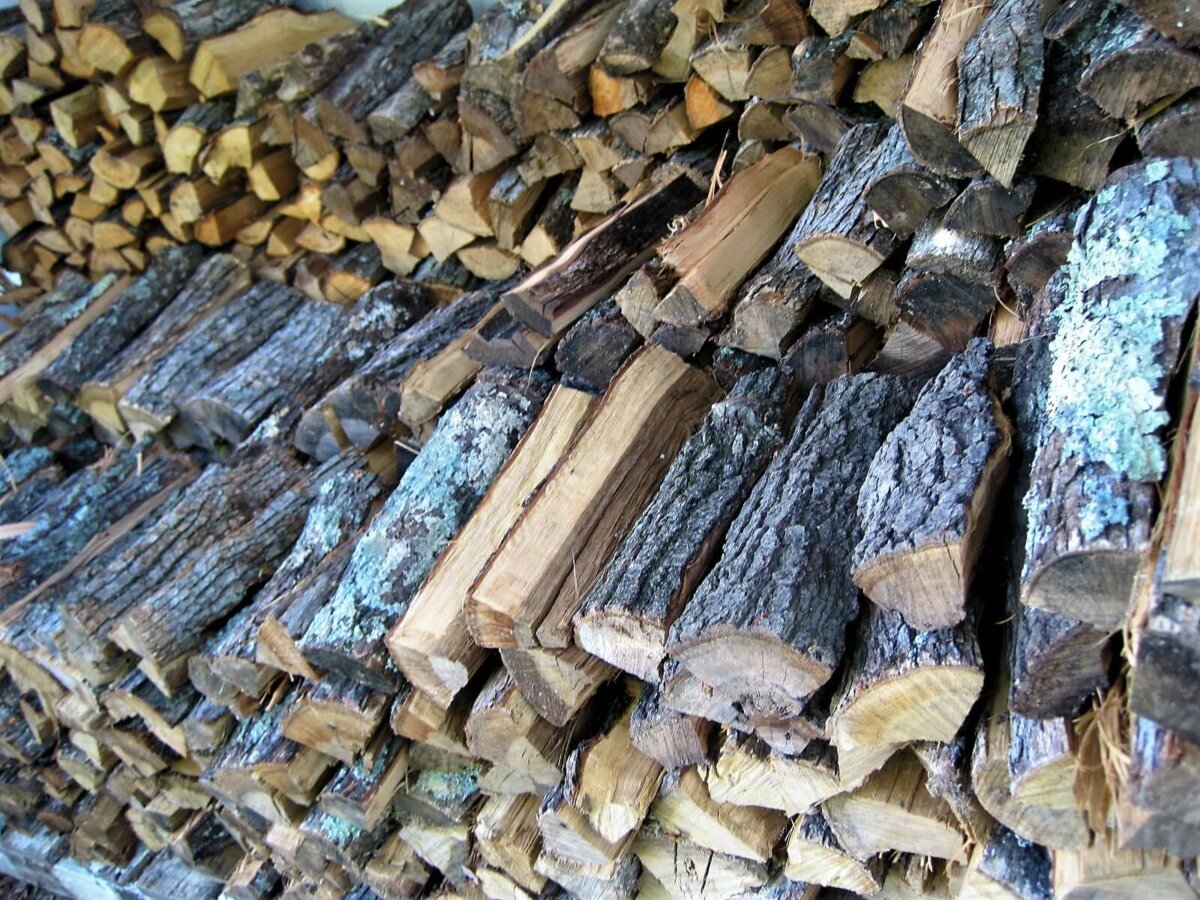
But these are some of the richest rewards. Some of us may have to quit our jobs in the city in order to live an off-grid life, but you may fine that you actually don’t need to get a new job if you totally change your lifestyle along with your location! With a little frugal ingenuity, you can make money through a funny patchwork of different little side enterprises, and it can be enough for a simple life, especially if many of your needs are now managed by our yown hands.
You don’t have to report to a boss, punch a time card, or go to staff meetings. You may find, like I do, that it’s wonderful knowing that all of the (immense) efforts you spend throughout the day goes directly into feeding, clothing, warming, and building your family and your life.
4. You Can Weather The Storm
We’ve all experienced power outages and breakdowns. It’s unsettling when the lights don’t turn on, there’s no water, or the roof is leaking. The exchange for the comforts of the grid is that you live at its mercy. If something goes out … all you can really do is grab the flashlights and hope it comes on again before your ice cream melts.
Off-grid is a lot of work, admittedly, but the payoff is stability, consistency, and a general hardiness that doesn’t fear a storm. It is ready for it. While the people in the city may be swarming the grocery stores for last-minute supplies, you can watch the clouds roll in with a warm fire in the hearth at your back.
5. A Lot Of People Won’t Understand You
Your life is going to be a lot different than most of the people you meet. They may view your lifestyle with quaint curiosity, apprehensive confusion, I-could-never-do-that admiration, or outright disdain. You may find that the room falls awkwardly quiet after you share your ideas for a composting toilet design or a rotational grazing system for your chickens and goats.
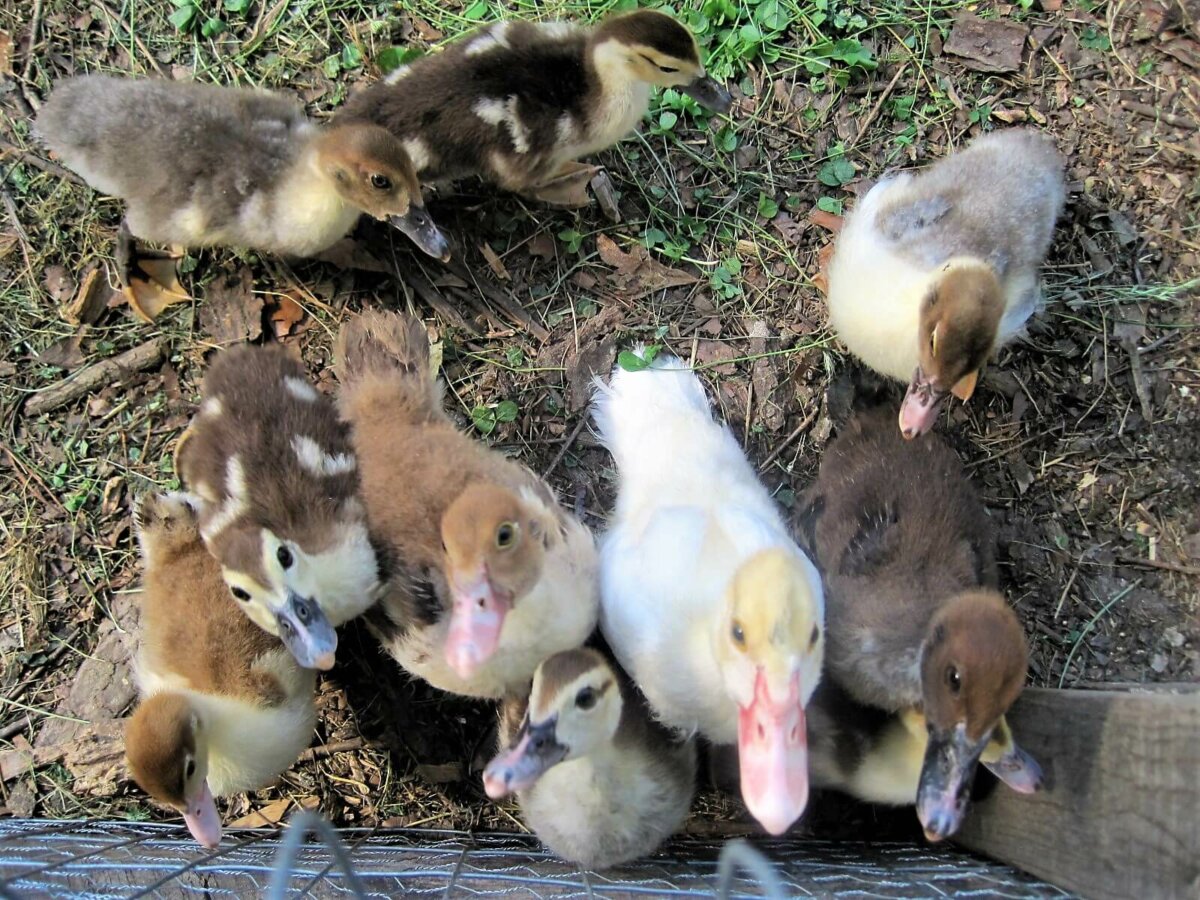
And when the conversation picks back up, discussing juicy details from the last episode of “Game Of Thrones” (which you may have never seen), you may find yourself feeling like that island—adrift from the lifestyle of the mainland. It’s okay.
At home, there are blackberries ripening in the glade. Your favorite chicken is laying blue eggs today that will be tomorrow’s frittata. The house is almost done, the final layer of limestone plaster just needs to be applied.
And once you get the woodstove crackling again, a cup of homemade chai in hand, I hope that you remember that you’re not the only one who doesn’t feel like you don’t belong in that “normal” life. There’s a lot of us out here, swimming against the current, finding a life that is so much more challenging, rewarding, and meaningful-feeling than the one they show in those evening sitcoms.
How Do You Get Started in Off-Grid Living?
I know not everyone who reads this article is going to suddenly ship off to a rural plot and start taking showers out of a bucket (though they are quite refreshing). But if you have the desire to start being more self-sufficient or find yourself dreaming of an off-grid life, I have but one recommendation for you. START NOW.
The best way to get started is to begin making changes today. Before we found our land, even when we lived in a tiny house on a tiny lot in the middle of a not-so-good city neighborhood, my husband and I practiced off-grid living.
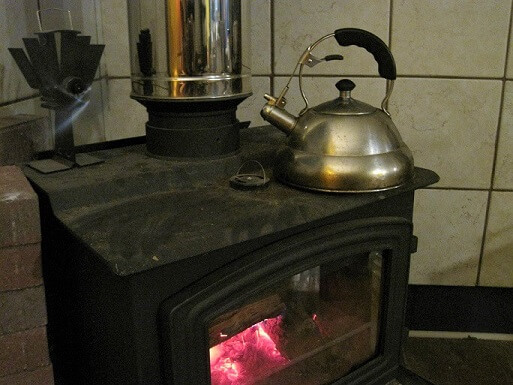
We wanted to be ready when the time came, and I’m convinced that the preparation made our transition to living in the country far smoother and more joyful than it would have been otherwise.
Here are five things we did before making the switch. Maybe it can give you some inspiration.
1. Install A Wood Stove
These are a great gateway for practicing off-grid life—you can heat water for bathing, heat up food, line-dry clothes when it’s rainy, and you now have a good reason to start chopping and stacking your own firewood. Saves a ton on your energy bill, too!
2. Learn From Others Who Are Already Doing It
People like “Off-Grid with Doug and Stacy,” “An American Homestead,” and “Rain Country Homestead” were (and are) huge sources of inspiration and encouragement for us. Additionally, older sources are chock-full of wisdom-soaked experience. Even if you don’t agree wholly with their personal philosophies, check out The Good Life by Scott and Helen Nearing, the first 80ish issues of The Mother Earth News (written during the Back-To-The-Land movement of the 60’s and 70’s), or The Complete Book of Self-Sufficiency by John Seymour.
3. If It Can Be Done By Hand, Learn How
Convenience devices all require loads of power to function, and many of them only teach you to be dependent. Find manual methods for some of your daily activities. Kneading the dough by hand, grinding coffee manually, using a hand saw, or hanging laundry to dry on a clothesline in the sun doesn’t really take much more time and can be far more satisfying.
4. Rethink Your Evenings
Exchange vegging out in front of the TV for practicing skills like knitting, whittling, sewing, cooking, and using hand tools. Use that valuable time to start reading books on homesteading and building, or researching off-grid living online. Not only will you start building up a valuable knowledge base, you’ll also start learning the discipline of entertaining yourself in the evenings, rather than depending on your phone or computer.
5. Start Searching For Your Land
Truly living off-grid in the city is near impossible. Regulations, building codes, and lack of land are all obstacles that you will be free from once you get into the country. It took a while to find acreage that we could afford, but once that new horizon was in our eyes and rich red dirt was under our feet, we felt like we were freed.
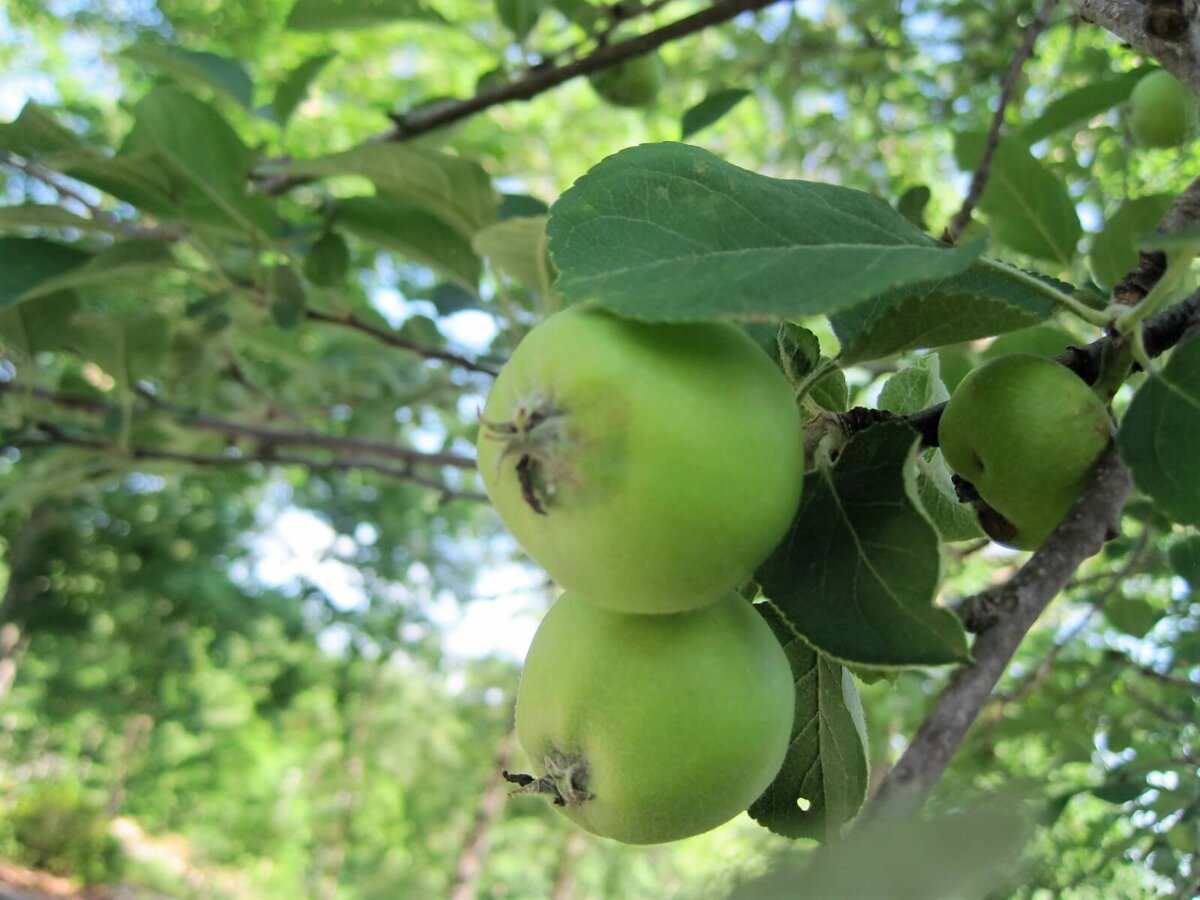
You may notice that I am 100% in favor of leaving the city and living an off-grid life, so perhaps this article comes across as biased. That’s alright. For us, this is the most beautiful, freeing, meaningful, rewarding, and fulfilling life we’ve ever lived. We work harder than we’ve ever worked, and we feel healthier, stronger, and so much happier than we did when we lived “normal” lives.
It’s a good way to live. For us, it’s the only option we feel is right. So, if you feel the conviction to get off the grid, stop talking about it and do something now. Start learning about what it takes today. Start looking for your land today. No one is going to do it for you … but isn’t that exactly what freedom is all about?







